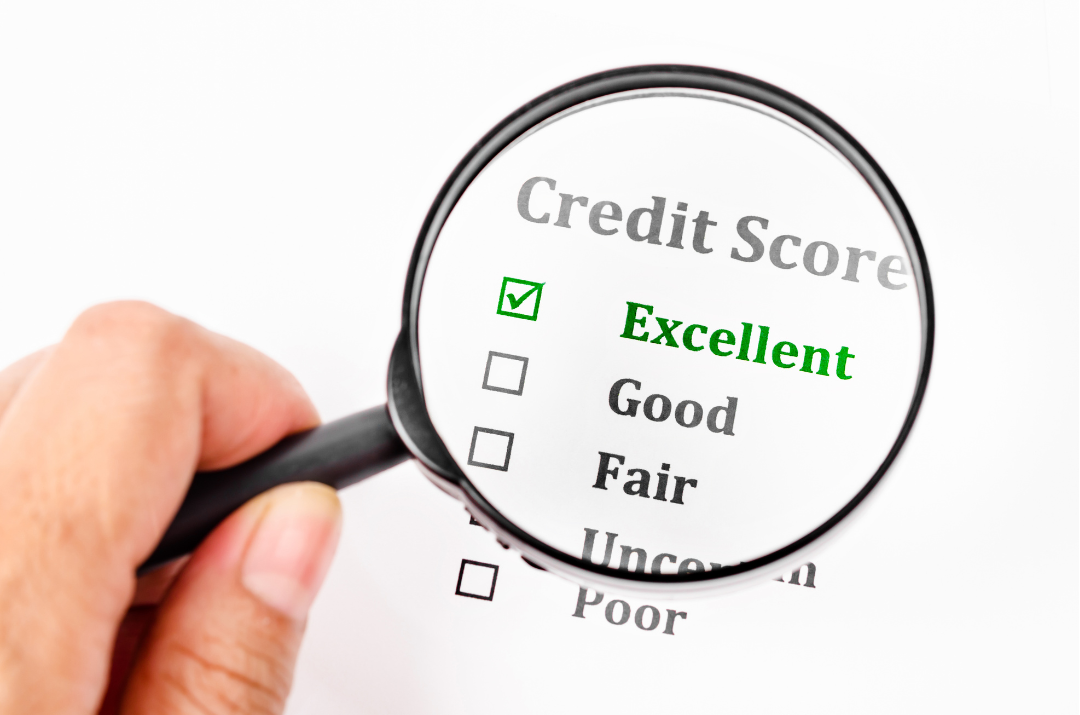How Your Credit Score Affects Your Auto Loan Interest Rate

In this blog, we’ll break down how your credit score affects your auto loan interest rate, the factors that influence your score, and tips to improve it before buying a car.
What Is a Credit Score?
A credit score is a numerical representation of your creditworthiness, typically ranging from 300 to 850. It is calculated based on your credit history, debt levels, and payment behavior.
Lenders use your credit score to assess the risk of lending you money. The higher your score, the lower the risk—and the better the loan terms you’ll receive.
Credit Score Ranges and Auto Loan Interest Rates
| Credit Score Range | Category | Average Interest Rate for New Cars | Average Interest Rate for Used Cars |
|---|---|---|---|
| 781 - 850 | Excellent | 5.00% - 7.00% | 6.00% - 8.00% |
| 661 - 780 | Good | 6.00% - 9.00% | 7.00% - 11.00% |
| 601 - 660 | Fair | 10.00% - 15.00% | 12.00% - 18.00% |
| 500 - 600 | Poor | 15.00% - 20.00% | 18.00% - 25.00% |
| Below 500 | Very Poor | 20.00%+ | 25.00%+ |
Tip: Even a small credit score improvement can help you secure a lower interest rate, reducing the total cost of your loan.
How Your Credit Score Impacts Your Auto Loan
1. Interest Rates
Lenders offer lower interest rates to borrowers with higher credit scores. A difference of just a few percentage points in interest can significantly impact your monthly payment and the total loan cost.
Example:
• A $30,000 car loan with a 6% interest rate over 5 years → Monthly payment: $580
• The same loan with a 12% interest rate → Monthly payment: $667
• That’s a difference of $5,220 over five years!
2. Loan Approval Chances
Borrowers with low credit scores may struggle to get approved for an auto loan. Lenders may:
• Require a larger down payment
• Offer higher interest rates
• Require a co-signer
3. Loan Terms and Conditions
If your credit score is low, lenders may limit your loan options, such as:
• Shorter loan terms (higher monthly payments)
• Higher down payment requirements
• Stricter late payment penalties
How to Improve Your Credit Score Before Getting an Auto Loan
• Check Your Credit Report
Get a free credit report from AnnualCreditReport.com to spot any errors.
• Pay Bills on Time
Your payment history makes up 35% of your credit score.
• Reduce Credit Utilization
Keep credit card balances below 30% of your limit.
• Avoid New Credit Applications
Too many hard inquiries can lower your score.
• Increase Your Down Payment
A higher down payment reduces the amount you need to borrow.
Your credit score plays a crucial role in determining your auto loan interest rate and overall affordability. If your score isn’t where you’d like it to be, take steps to improve it before applying for a loan.
